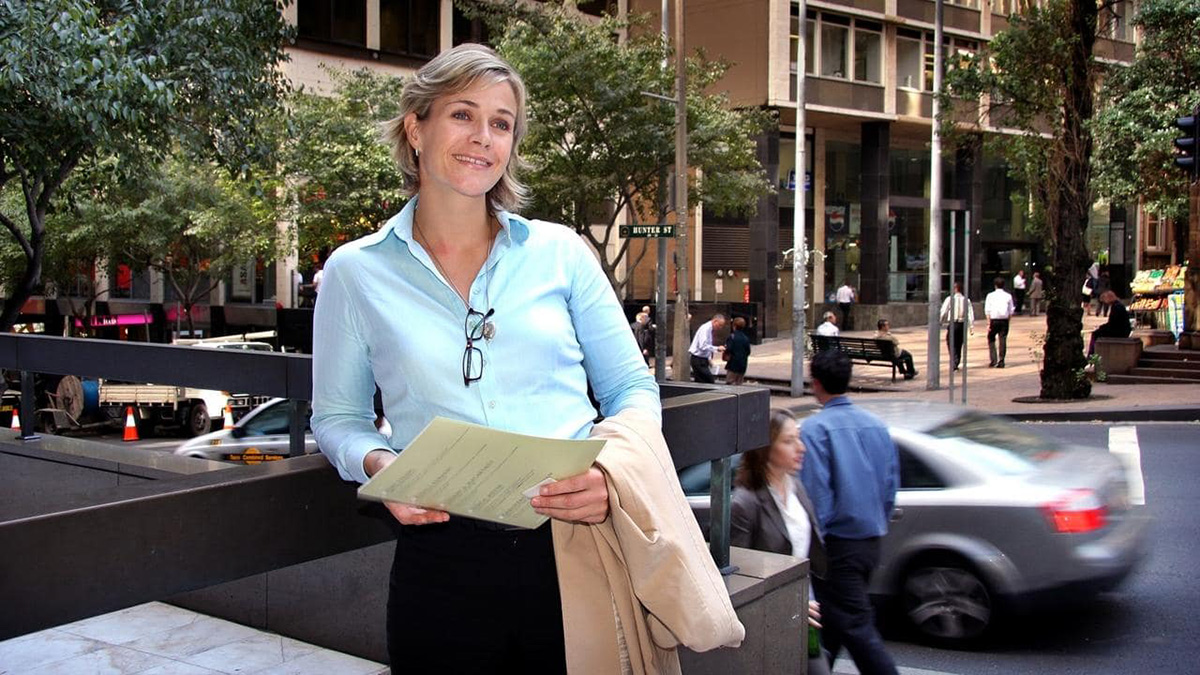OPINION
The Australian revolt against the politics of racial division was so overwhelming that the “Voice” referendum result was called in just 90 minutes of polls closing. The excuses and tantrums from the left started even earlier.
One of the common themes of the refusal to accept the result is that the No campaign supposedly engaged in industrial-scale deception and hoodwinked gullible voters. Because, of course, the left are utterly convinced of not just their moral but their intellectual superiority. After all, they argue, areas with higher levels of education tended to vote Yes.
On the other hand, No voters point out that the only places to vote Yes were wealthy, elite enclaves in the exclusive inner suburbs of the capital cities. This, they say, proves that the Yes voters are out-of-touch elitists.
So, which is true?
Kos Samaras, a political strategist and a director at RedBridge Group, said a yes vote was related to a university degree, but there was “nuance”.
“There are pockets around the country which don’t align with the idea that income and education means yes,” he said. In those areas, occupation played an important role in how votes were cast.
Samaras, by the way, is a heavily left-wing, former Labor campaign leader. So, his analysis is hardly trying to demonise Yes voters. Nonetheless, the picture that emerges is not as flattering as the left would have us believe.
Votes were heavily no in areas with high incomes and with high numbers of managers in industries such as banking, finance and real estate. Samaras singled out the Melbourne suburb of Greenvale, which voted 72 per cent no, and has a weekly household income of about $2,200, as an example.
Areas with high levels of education – but not necessarily high earnings – voted yes. Samaras describes these voters as public service workers and lower level professionals in female-dominated industries, such as healthcare.
So… the same laptop class, with taxpayer-guaranteed jobs, who so loudly defended Covidian policies. These are the IStandWithDan fanatics.
Residents of Carlton North, where yes was 92 per cent, gave him a “very strong, clear picture of what a yes voter looks like”. They tend to skew young and be tertiary qualified, monocultural, very progressive and they vote Greens, he said.
He explained that “social contagion” was at work in large cities, with university, occupation and location creating “social tribes”.
In other words, Yes voters live in elite echo-chambers, where they might preach ‘diversity’, but they certainly don’t practise it. When Samaras says “monocultural”, what he means is “white”.
In fact, that’s what he’s explicitly saying.
“Perhaps this is how the yes campaign betrayed itself – in a certain cultural light, the vote was not necessarily about Aboriginal people, it was about those who are running it: inner-city white progressives who come from a particular class.”
On the other hand, those whose high incomes depend on having skin in the game and taking risks in the private sector were very likely to vote No.
Peter Lewis, the executive director of Essential Media, said the company’s polling results showed the yes vote for those who felt “financially comfortable” was 56 per cent. This fell to 39 per cent for the “financially secure”, 32 per cent for the “financially struggling” and 28 per cent for those “in serious financial difficulty” […]
Prof Nicholas Biddle a researcher at the Australian National University’s Centre for Social Research and Methods, says […] education has also surpassed income as a predictor of voting direction because it is more likely to lead to permanent, more stable income. That makes people more willing to take risks, he said.
Except that they’re not really taking any risk. These are people who, as Biddle admits, know that they will be unaffected by the consequences of the their votes.
As Thomas Sowell so wisely said, “It is hard to imagine a more stupid or more dangerous way of making decisions than by putting those decisions in the hands of people who pay no price for being wrong.”
Much less people who are insulated from conflicting information and deal instead in comforting simplicities.
On the flip side, [Biddle] said, the no campaign emphasised the complexity of the referendum and the debate.
Guardian Australia
So, the No campaign talked complexity, the Yes just prattled empty ‘vibe’ platitudes.
Tell us again who’s smarter?

